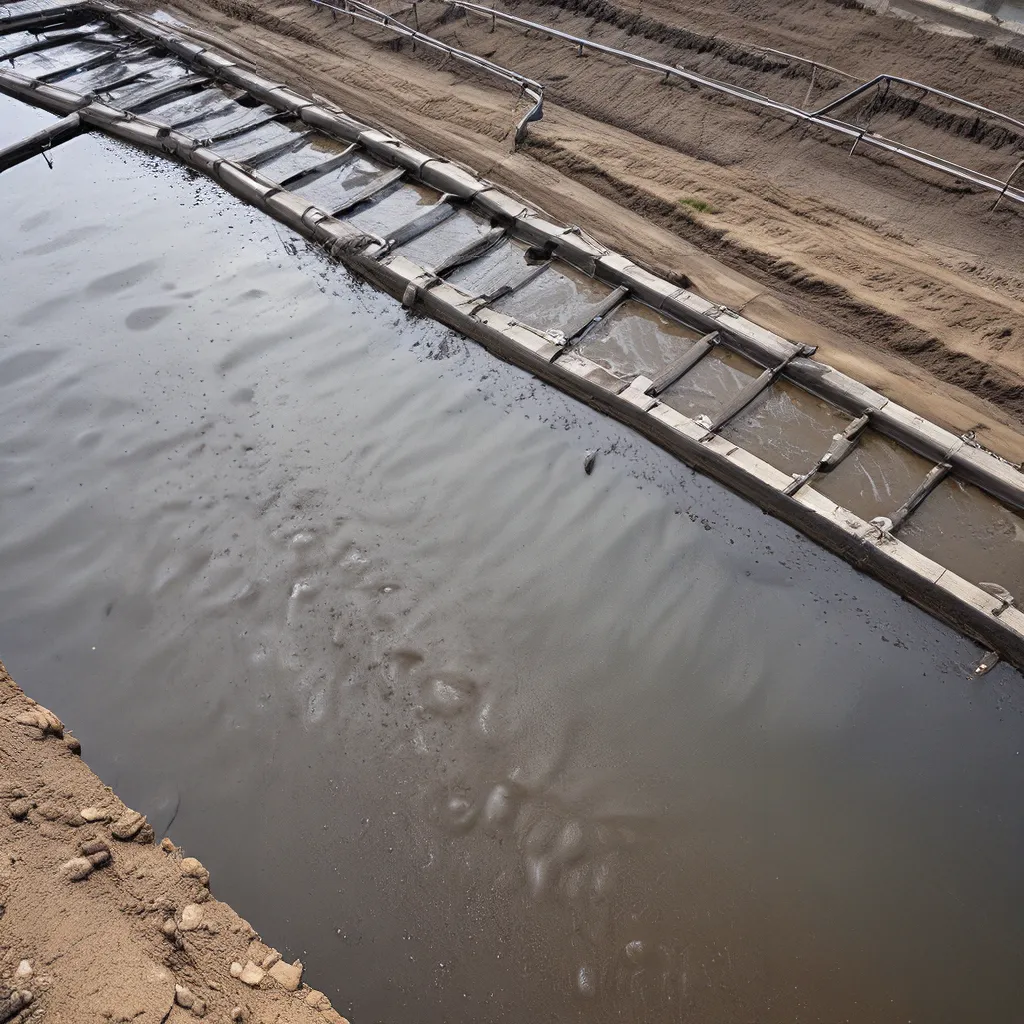
As a seasoned professional in the wastewater treatment industry, I’ve had the pleasure of navigating the ever-evolving regulatory environment surrounding sludge disposal. It’s a complex and often daunting topic, but one that’s absolutely essential for businesses and municipalities to understand if they want to stay compliant and do their part in protecting our precious natural resources.
The Changing Tides of Environmental Regulations
Over the past decade or so, we’ve witnessed a significant shift in the way governments around the world approach environmental protection. Driven by growing concerns about water scarcity and the urgent need to address climate change, policymakers have been tightening the screws on industries and municipalities when it comes to wastewater management.
Stricter environmental standards are now the norm, compelling businesses to invest in more advanced treatment solutions to meet compliance requirements. And it’s not just about ticking boxes – it’s about actively participating in a movement that aims to drastically reduce environmental pollution and safeguard our precious water resources for future generations.
The Challenges of Sludge Disposal
At the heart of this regulatory landscape lies the management of wastewater sludge – the semi-solid residue that’s left over after the treatment process. This sludge can contain a cocktail of contaminants, ranging from heavy metals to disease-causing pathogens, and its improper disposal can have devastating consequences for the environment and public health.
Navigating the regulatory requirements for sludge disposal can be a real minefield. Depending on your location, you may need to comply with a patchwork of federal, state, and local regulations, each with its own set of guidelines and restrictions. And the rules are constantly evolving, so it’s crucial to stay on top of the latest developments.
Exploring the Regulatory Landscape
To give you a concrete example, let’s take a look at the regulatory landscape in California. The California Regional Water Quality Control Board has issued a comprehensive set of guidelines, known as Order No. 93-600, that businesses must adhere to for the disposal of wastewater. This includes car washes, auto garages, and a range of other industries.
The order stipulates that all on-site subsurface wastewater disposal systems must meet specific requirements to operate legally within the state. For car wash businesses, this means adopting practices that ensure wastewater is properly treated and disposed of in a manner that doesn’t harm the environment.
Embracing Sustainable Solutions
Compliance with these regulations is not just about ticking boxes – it’s about actively contributing to a larger goal of protecting our water resources. By proactively managing their wastewater, businesses can not only stay on the right side of the law but also bolster their reputation as environmentally responsible corporate citizens.
Partnering with a reputable wastewater treatment services provider can be a game-changer in this regard. These experts can help you navigate the regulatory landscape, implement sustainable disposal solutions, and even explore opportunities to turn your waste into a valuable resource.
The Future of Wastewater Management
As we look to the future, it’s clear that the demand for wastewater treatment services is only going to continue to grow. Driven by factors like industrial expansion, urbanization, and technological advancements, the global wastewater treatment services market is expected to reach $804 billion by 2028, representing a compound annual growth rate of 6.3%.
But it’s not just about the bottom line – it’s about safeguarding our planet and ensuring that we leave a healthy, sustainable world for future generations. As businesses and municipalities, we all have a crucial role to play in this endeavor, and by embracing innovative wastewater treatment solutions, we can be part of the solution rather than the problem.
Conclusion: A Call to Action
The regulatory landscape surrounding wastewater sludge may be complex, but the stakes are too high to ignore it. By staying informed, proactive, and partnering with the right experts, you can not only ensure compliance but also contribute to a more sustainable future.
So, what are you waiting for? Dive in, explore the latest innovations, and let’s work together to protect our precious water resources and drive the wastewater treatment industry forward. The future is ours to shape, and it’s time to make our mark.